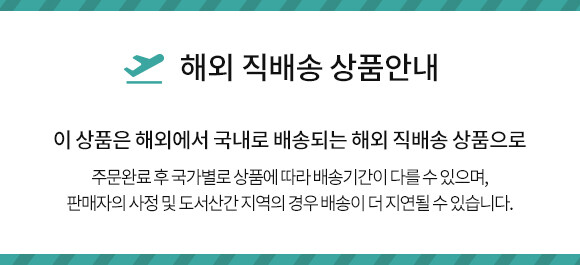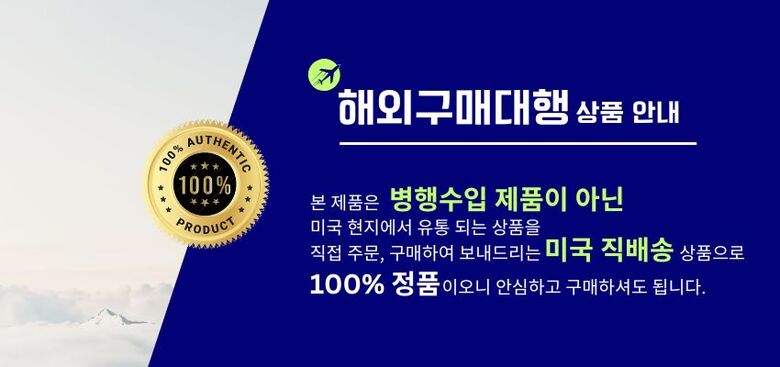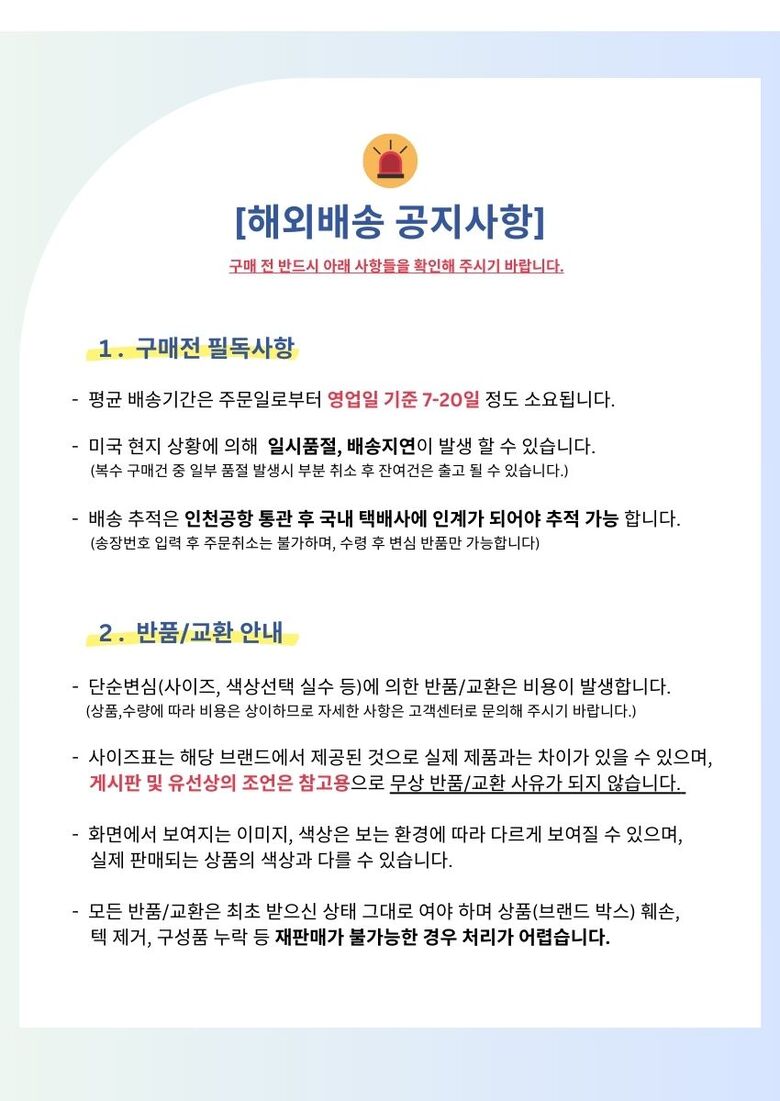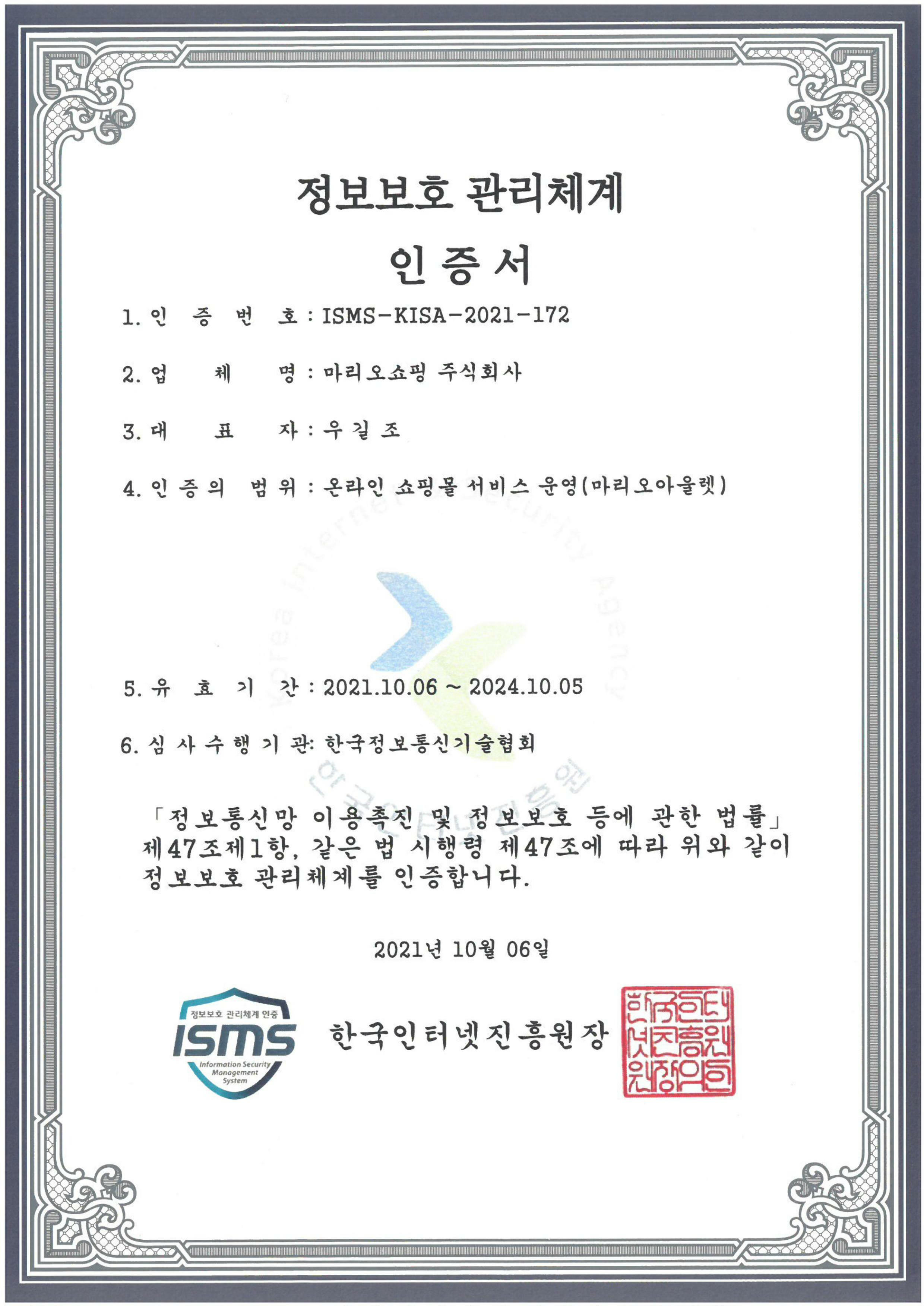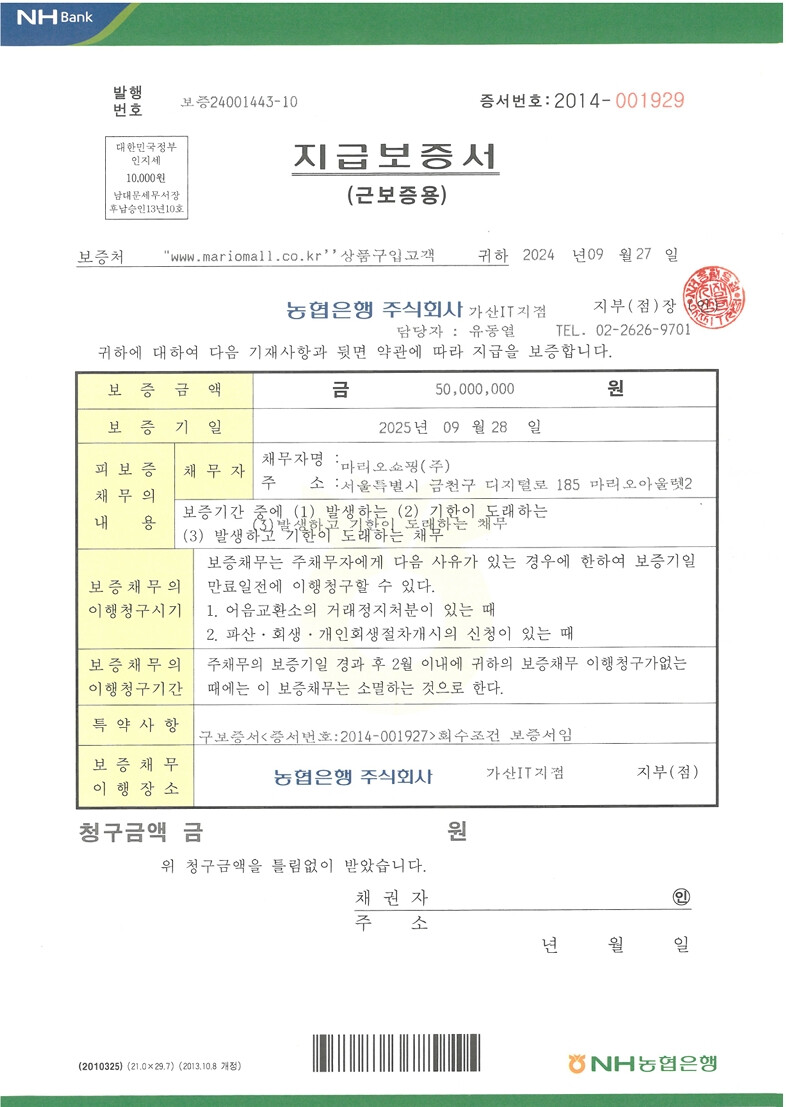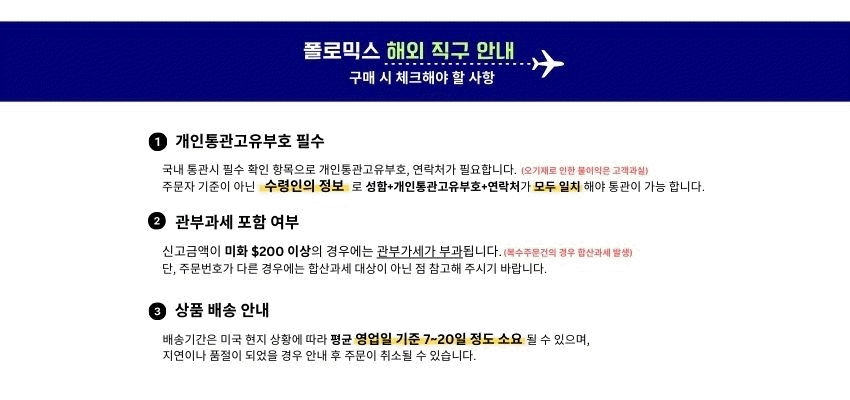
BLK Style No. 84212
Color - Black
OVERVIEW
Beef up your winter security in this lightweight and Fair Trade Certified sewn coat.
The Nano Puff Jacket has 60-g PrimaLoft Gold Insulation Eco 100% postconsumer recycled polyester with P.U.R.E.
(Produced Using Reduced Emissions) technology to provide everlasting warmth,
and you can even pack it away into a small travel bag for added convenience.
FEATURES
Material
Shell: 20-Denier 100% Recycled Polyester Ripstop With a PFC-Free DWR Finish
1.4oz.
Lining: 22-Denier 100% Recycled Polyester Ripstop With a PFC-Free DWR Finish
1.3oz.
Insulation Rating (g)
60
Pockets
Front Handwarmer Pockets
Internal Zippered Chest Pocket
Product Features
bluesign Approved
Fair Trade Certified Sewing
Weight (oz)
11.9
Insulation
PrimaLoft Gold Insulation Eco 100% Postconsumer Recycled Polyester With P.U.R.E.
(Produced Using Reduced Emissions) Technology.
Details
Windproof.
Water-Resistant.
Made in Vietnam.
Drawcord-Adjustable Drop-Tail Hem.
Handwarmer Pockets Have Cleanly Finished Zipper Garages.
Center-Front Zipper Has a Wicking Interior Storm Flap and Zipper Garage at Chin.
The Internal Zippered Chest Pocket Doubles as a Stuff Sack With a Reinforced Carabiner Clip-In Loop.
Brick Quilting Pattern With Horizontal Quilt Lines on Side Panels Stabilizes Insulation and
Uses Durable Thread For Abrasion Resistance.
INSULATION RATING (G)
Synthetic insulation is measured in grams, so a jacket with a 80g rating simply means that
a 1 meter by 1 meter piece of that particular jacket's insulation weighs 80 grams.
The higher the rating, the warmer the jacket.
60
PRODUCT FEATURES
bluesign Approved - Since 2000, Patagonia has been working with bluesign to evaluate and
reduce resource consumption in the material supply chain.
bluesign offers the highest level of consumer safety employing methods and materials in their manufacture that
conserve resources and minimize impacts on people and the environment.
Fair Trade Certified Sewing - For every Fair Trade Certified item produced for Patagonia,
they pay a community-development premium.
The money goes into an account controlled by the cooperative of farmers or association of factory workers who decide how best to use it.
The funds are designated for social, economic and environmental development projects.
For example, cotton farmers may choose to use the money for agricultural improvements,
rainwater catchment systems or to build a school or a health clinic.
Workers in Fair Trade factories may invest in healthcare for their children,
bicycles for easier transit to and from work or a cash bonus.
All workers in the factories and farms that make Fair Trade Certified clothing benefit from the funds,
whether they work directly on Patagonia products or not.
MATERIAL EXPLANATION
Recycled Polyester - Saves about 4.5 plastic bottles from the landfill per garment.
